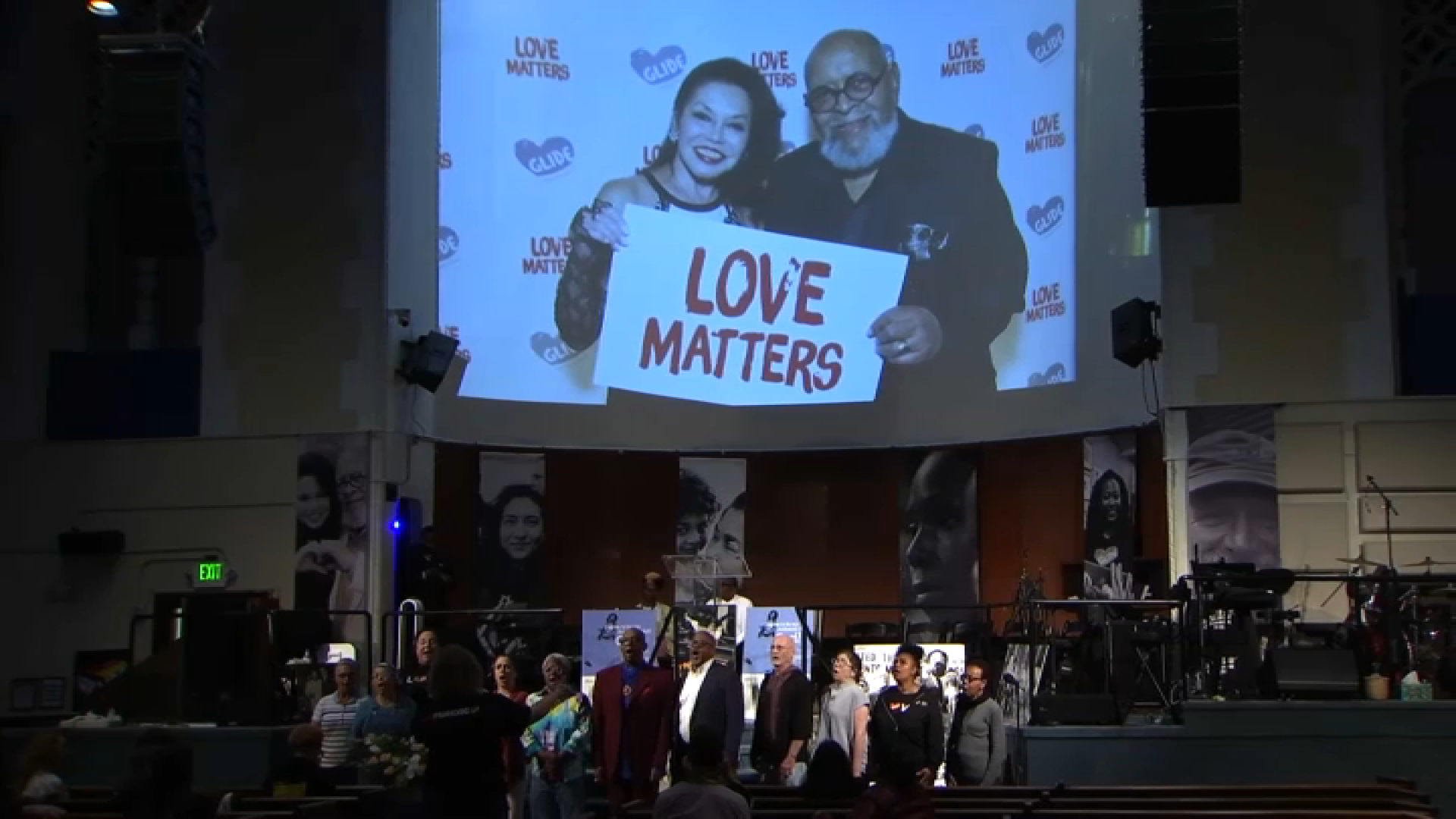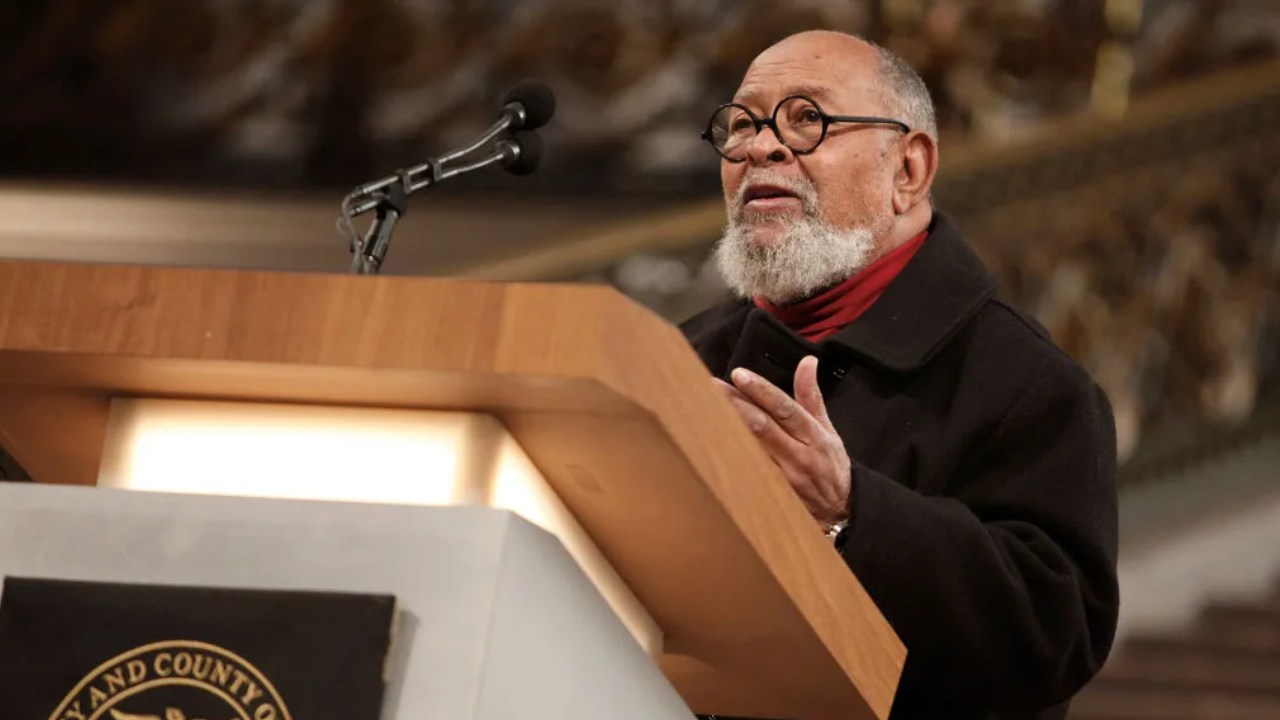The director of the state’s Department of Toxic Substances Control admits veteran staff members were right when they said the department wasn’t meeting its mission to protect the people and environment of California.
For a transcript of the story (PDF), click here. Or copy and paste this link to your browser: http://media.nbcbayarea.com/documents/dtsctranscript1.docx
Deborah Raphael sat down with NBC Bay Area in August for the first time since a
series of Investigative Unit reports
prompted criticism from state lawmakers as well as an ethics investigation by the Fair Political Practices Commission, which is still underway. She said she was disheartened to hear whistleblowers say they believe the DTSC puts polluters before the public.
“It is a little extreme to say we’re falling down on the job,” Raphael said. “However, I would say we’re not doing everything we can.”
Two department insiders, who want to remain anonymous because they fear losing their jobs for speaking out, told NBC Bay Area in February that Californians would be outraged if they knew what was really happening to companies that pollute.
Local
One source said the “expectation the public has of being protected is not being served” and a second source said it is as if “making industry happy” is the toxic regulator's primary concern.
The Investigative Unit first caught up with Raphael six months ago on a public street in Sacramento after her department declined to provide anyone to speak on camera to address accusations from critics that the DTSC was failing to punish companies with long histories of polluting the environment.
During the impromptu interview, Raphael was asked about failures in the DTSC’s permitting program. The next day, Raphael sent a memo to her staff stating that 22 of the 118 hazardous waste companies that the DTSC licenses are operating with expired permits. She wrote: “Critics have complained the department does not have clear guidelines for when to deny a permit and businesses complain standards are unevenly applied.”
The DTSC confirmed that the number of outdated permits still has not changed.
“We have a permitting system that is in need of some improvement,” Raphael said during the most recent interview. “I would suggest and agree our permitting program is not operating as it should be.”
Raphael said the department is awaiting results of a third-party permit review conducted by California Personnel Services.
Critics inside the department claim the DTSC is underequipped when it comes to enforcing permits and investigating companies that violate environmental laws. Department records show that 93 people work in the enforcement office alongside 12 criminal investigators. They oversee 118 permitted facilities and 100,000 generators of hazardous waste.
Raphael said she believes the department does employ enough staff on the front lines to police polluters.
“We have enough to do our mission,” she said.
When pressed and asked why were her own staffers saying there were "too many chiefs and not enough warriors," Raphael said, "We can always use more resources."
Raphael also addressed questions about Newark-based motor oil recycler, Evergreen Oil, which has a history of spills and fires. For years neighbors have complained about fumes wafting from the facility. The company has been repeatedly cited and fined by multiple local agencies for everything from odor releases to chemicals in wastewater that exceed legal limits.
“Evergreen is absolutely under careful scrutiny and careful attention from our department as well as other entities,” Raphael said.
When asked why the department hasn’t suspended or revoked the company’s permit, Raphael said making the determination to suspend or revoke a license would depend on the seriousness of the violation and whether the DTSC has the authority to take action, denying that the DTSC has ultimate authority, as many critics have long contended.
“The buck stops at the DTSC under those circumstances that we have authority for,” Raphael said.
Critics, including southern California-based advocacy group Consumer Watchdog, say the DTSC can and should give out harsh penalties. They blame the department for handing off its duties to city and county regulators. In the case of Evergreen, sources say the DTSC could take strict action against the company but instead chooses to levy small fines. Consent orders signed by the DTSC and Evergreen Oil show that between June 2006 and December 2012, the department fined the company a total of $69,500 for violations such as failing to prevent waste from leaking into the soil.
“They choose to worm their way out of dealing with the problem by pushing it off on another regulatory agency,” the second DTSC insider told NBC Bay Area in February.
Communities point to what happened in the aftermath of the explosion at the Chevron refinery in Richmond last August that sent 15,000 people to area hospitals. The DTSC posted a letter on its website stating that the department “does not have the legal authority to oversee the refinery’s production area.”
“We have the authority to shut down a business when we feel the health of a community is at risk and we see evidence of harm to the environment or to human health,” Raphael said.
When challenged that the communities near Evergreen and Chevron have complained that their health and surroundings have been harmed, Raphael said her role is to make sure the DTSC’s authorities are being exercised to the fullest extent.
“I am committed to doing so both at Evergreen and Chevron,” Raphael said, “in conjunction with other agencies that have a similar mission and a similar focus on those businesses.”
For the first time, Raphael addressed the departure of her second-in-command, chief deputy director Odette Madriago, who had been with the DTSC for 25 years. Madriago stepped down six weeks after the Investigative Unit first raised questions about her investments in companies the DTSC regulates, such as Chevron, BP and General Electric. Madriago is now the subject of a state ethics investigation by the Fair Political Practices Commission for a potential conflict of interest.
Raphael denied putting pressure on Madriago to step down and said she thought the investigation was hard on the former deputy director.
During the interview Raphael also made a promise to Californians.
“It is my commitment to the people of California that decisions made in our department will not be tainted by anybody’s stock,” she said.
Raphael said that in her first two years as DTSC director she has shut down operations at two hazardous waste facilities in southern California and Rancho Cordova. She also established a plan called “Fixing the Foundation,” which is detailed on the department’s website. Her goal is to refocus the department on its mission to enforce the state’s environmental laws and punish businesses that break them.
“It is my commitment to the people of California that when I’m gone I’ve left in place a system that is robust, defensible and meaningful for the future,” Raphael said.
When asked if she could understand why many would think of that as "more lip service," Raphael said, "I would hope they wouldn't."
If you have a tip for the Investigative Unit email theunit@nbcbayarea.com or call 888-996-TIPS.



